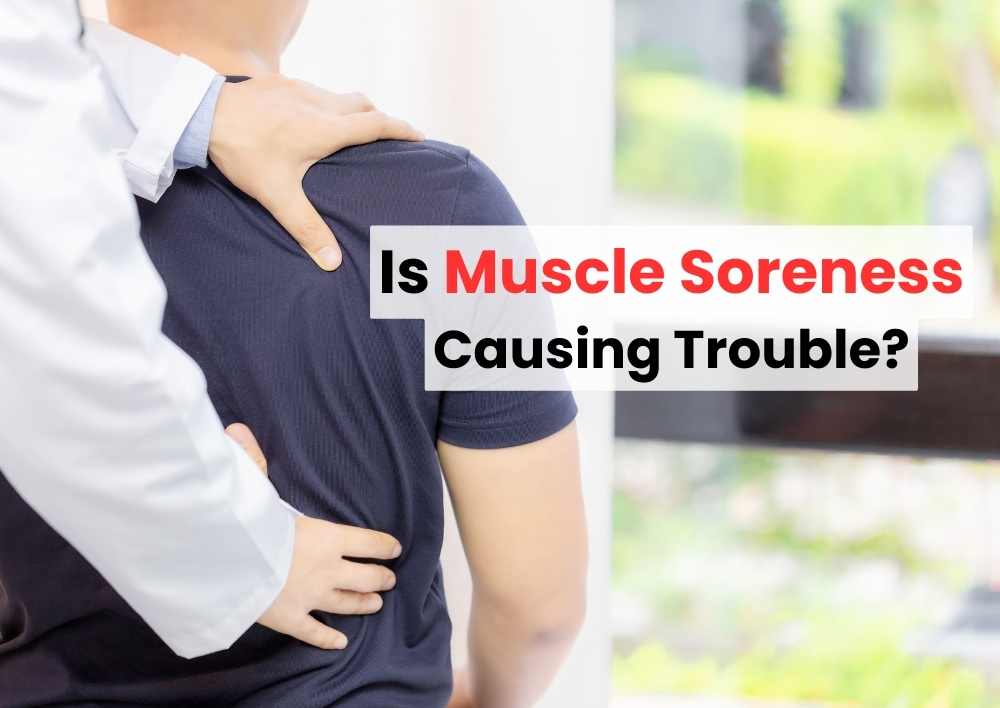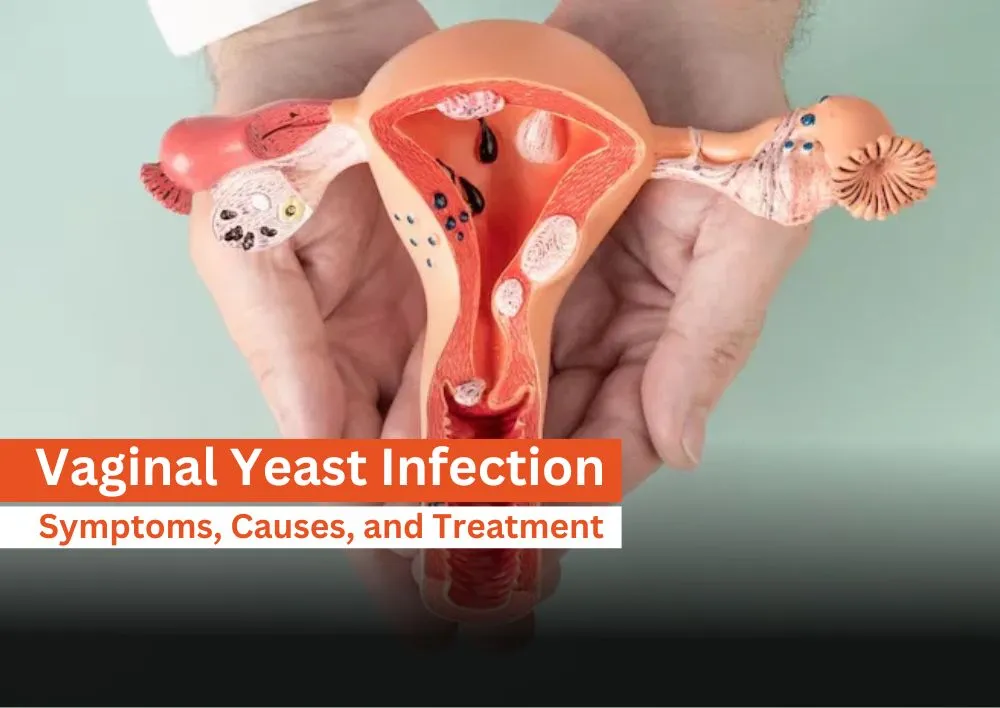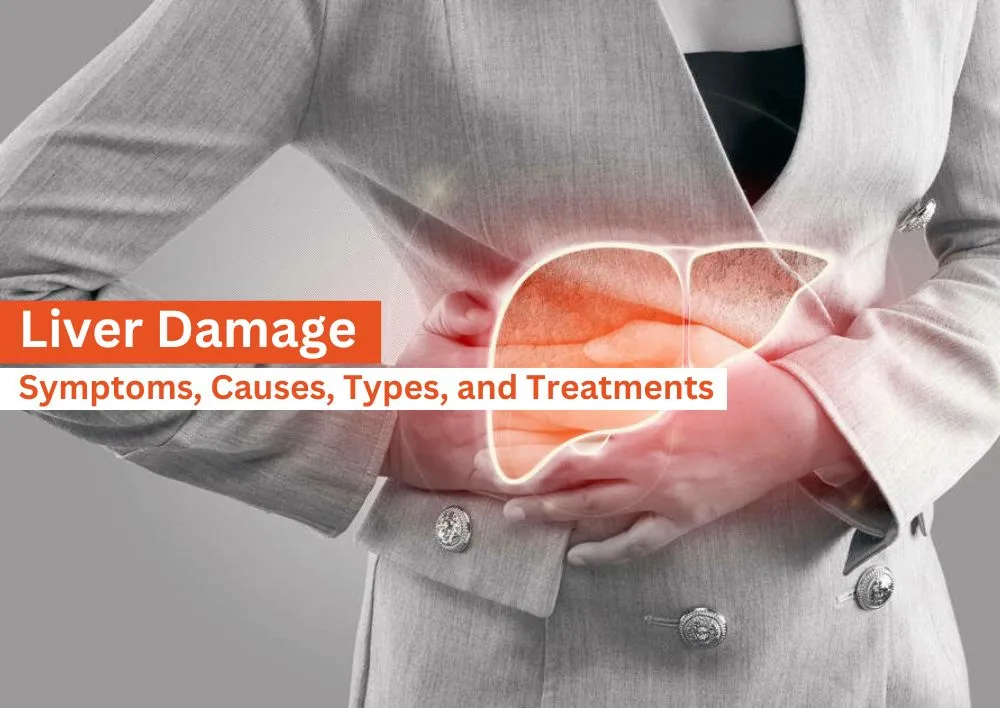Is Muscle Soreness Causing Trouble?
Do you feel muscle stiffness and soreness after a workout? Maybe you tried a new exercise routine or pushed yourself harder than the normal exercise routine. Whatever the reason, muscle soreness can make your daily activities a bit tough. In this blog, we will explore what causes muscle soreness, how to manage it, and when it might indicate something more serious.
Before jumping to the causes of soreness, let's understand what actual muscle soreness is.
What is Muscle Soreness?
According to the leading orthopaedic doctor in gurgaon at Miracles Apollo Cradle/Spectra, Muscle soreness is a very common experience, particularly after physical activities like running, lifting weights, or even trying yoga for the first time. The soreness usually develops within 24 to 48 hours after the activity, called Delayed Onset Muscle Soreness(DOMS).
Why Does Muscle Soreness Happen?
When you exercise, small tears develop in your muscle fibers. These tears are part of the muscle-building process and generally not harmful. As your body starts repairing these tears, the muscles start growing stronger. This repairing process causes inflammation, which leads to sore muscles after a workout.
Common Causes of Muscle Soreness
Here are some of the primary reasons why your muscles might feel sore:
-
New Workout: If you try new exercises or increase the intensity, it can stress muscles that are not used to them and lead to soreness after the workout.
-
Lifting Heavier Weights: When you lift heavier weight than usual, your muscles are not used to it and become sore as they need time to adjust.
-
Not Stretching Enough: Skipping the warm-up or cool-down stretches before and after exercising can make your muscles tight.
-
Overtraining: Doing too many workouts without enough rest between workouts can also lead to soreness in muscles.
-
Poor Form: Incorrect posture or technique while doing exercises can put a strain on your muscles, and lead to muscle pain.
Types of Muscle Soreness
Not all muscle soreness feels the same. Here are two common types of muscle soreness:
-
Acute Soreness: This type of muscle soreness occurs during or immediately after exercise and usually fades after a few hours.
-
Delayed-Onset Muscle Soreness (DOMS): This type of soreness develops within 24 to 48 hours after the workout and can last for a few days. This soreness is usually more severe than acute soreness.
When Should You Worry About Muscle Soreness?
In most cases, muscle soreness is normal and goes away after a few hours. However, there are some warning signs you should be aware of:
-
Sharp Pain: If you feel a sharp or sudden pain, stop exercising immediately. This stabbing pain could be a sign of an injury, like a pulled muscle.
-
Swelling: If your muscles are swollen or feel hard, it could indicate a more serious issue.
-
Bruising or Discoloration: Visible bruises or redness around the muscle area could be a sign of a strain or muscle tear
-
Lasting Soreness: If your soreness lasts longer than a week, it's important to consult an orthopedic doctor near you for diagnosis and treatment.
How to Relieve Muscle Soreness?
Muscle soreness can be uncomfortable, but there are various ways to ease the muscle pain and soreness and speed up recovery. Here are some simple remedies:
-
Rest: Give your sore muscles time to recover. Take a day or two off from intense exercise to relieve pain and muscle tension.
-
Hydrate: Drinking plenty of water can help flush out toxins and reduce inflammation in your muscles.
-
Ice or Heat Therapy: Ice can help reduce swelling, while heat can relax tight muscles. So, try alternating between the two.
-
Massage: A gentle massage can increase the flow of blood to the sore area, and speed up the healing process.
-
Stretching: Light stretching can reduce stiffness and improve flexibility. So, make sure to warm up and cool down before and after your workout.
-
Over-the-Counter Pain Relief: If the muscle soreness is too much, take pain relievers like ibuprofen can help.
How to Prevent Muscle Soreness
While it’s impossible to avoid muscle soreness completely, you can take some steps to reduce its intensity.
-
Warm-Up Properly: Always start your workout with warm-up stretches to prepare your muscles for activity.
-
Cool Down and Stretch: Don’t forget to perform cool-down stretching after a workout to prevent stiffness and soreness.
-
Slowly Increase Intensity: Don’t push yourself too hard, or too fast. Gradually increase the weight or duration of your workout over time.
-
Stay Hydrated: Drink plenty of water before, during, and after your workout to keep your muscles hydrated and prevent them from being sore.
-
Listen to Your Body: If you feel pain or extreme discomfort, take a break from a workout as pushing through pain can lead to injury.
Myths and Facts About Muscle Soreness
There are several myths surrounding muscle soreness including:
-
Myth 1: No Pain, No Gain: Many people believe that muscle soreness means a good workout. This isn’t always true.
-
Fact 1: You can have an effective workout without being sore the next day.
-
Myth 2: Soreness is a Sign of Muscle Growth: Soreness can indicate that your muscles are growing.
-
Fact 2: Soreness does not always mean that muscles are growing. The fact is that Muscle growth comes from consistent workouts and proper nutrition.
-
Myth 3: Stretching Prevents All Soreness: Stretching exercises always prevent all types of soreness.
-
Fact 3: Stretching exercises are necessary, but the fact is the they don’t completely prevent soreness. It can, however, reduce stiffness and improve flexibility.
-
Myth 4: You Should Avoid Exercise When Sore: You can continue with light exercises and just avoid pushing yourself too hard.
-
Fact 4: Light exercise can help reduce soreness by increasing blood flow to the muscles.
How Long Does Muscle Soreness Last?
The duration of muscle soreness varies depending on different factors like the intensity of the workout, your fitness level, and how quickly your body recovers. Delayed-Onset Muscle Soreness (DOMS) usually lasts between 3 to 5 days. However, muscle soreness gradually decreases over time.
If your soreness lingers beyond a week or worsens, it could indicate an injury. In that case, it's important to consult an ortho doctor near you immediately.
When to Consult an Orthopedic Specialist?
Usually, muscle soreness goes away within a few hours. However, in rare cases, muscle soreness lasts long and it can be a sign of something more serious. Here are some situations where you should consult an orthopedic doctor:
-
If you are not able to move the affected muscle or if the pain is unbearable.
-
If muscle soreness is accompanied by fever or extreme swelling. It could indicate an infection or muscle injury. So you should consult an orthopedic doctor for diagnosis and treatment
-
If you are experiencing dark urine, a sign of a condition called rhabdomyolysis, where muscle tissue breaks down and releases harmful substances into the bloodstream.
Should I Exercise While Muscle Sore?
This question generally comes to the mind of physically active individuals. The answer is it depends on the severity of soreness. If you have mild to moderate soreness, it is normal to perform exercise. However, make sure to modify your workout and start doing lighter exercises or focus on different muscle groups to avoid overworking sore muscles. On the other hand, if the soreness is intense or painful, it's good to rest until you feel better.
The Role of Nutrition in Muscle Recovery
Your diet plays an important role in the recovery of your muscles. Here are some key nutrients that can help in muscle repair:
-
Protein: Protein is important for the repair and growth of muscles. Add foods that are rich in protein like chicken, eggs, and beans to your diet.
-
Carbohydrates: Carbs provide the energy your muscles need to recover. So, eating whole grains, fruits, and vegetables are good choices.
-
Healthy Fats: You can try omega-3 fatty acids which are found in fish, nuts, and seeds to help reduce inflammation and support recovery.
-
Antioxidants: Eat foods rich in antioxidants, like berries and leafy greens, to help reduce muscle damage and inflammation.
Conclusion:
Muscle soreness can be frustrating, but it’s also a sign that your body is adapting to new challenges. With proper care and prevention, you can reduce soreness and keep progressing toward your fitness goals. Remember, it’s alright to feel a little sore but listen to your body. Regular exercise, proper nutrition, and plenty of rest will help you recover and get back to feeling your best. If the soreness and pain become too much or last too long, seek the help of an ortho doctor near you at Miracles Healthcare for professional advice. Stay active, stay healthy, and don’t let muscle soreness stop you from reaching your fitness goals!





_in_Pregnancy.webp)






Was the information useful?
0 0